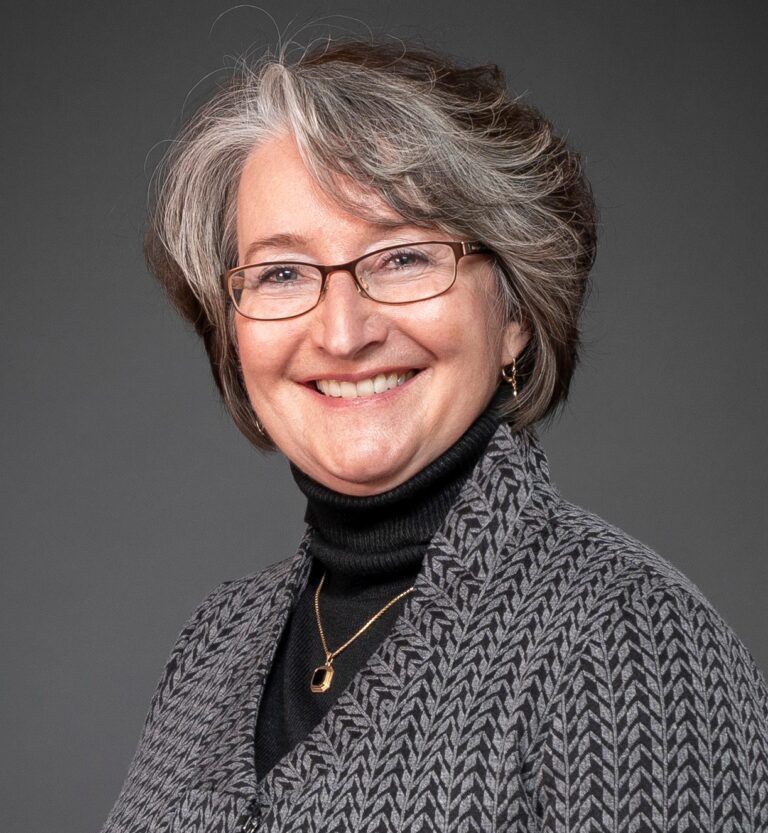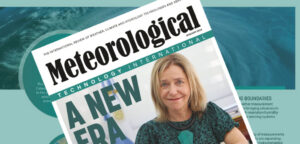Between her time with Natural Resources Canada and Environment and Climate Change Canada, Diane Campbell has spent more than 40 years in federal public service. Her current role sees her head up the Meteorological Service of Canada (MSC) and serve as Canada’s permanent representative to the World Meteorological Organization (WMO).
Over the years Campbell has gained a strong love and passion for the met industry, especially its ability at WMO-level to work collaboratively for the greater good. Fifteen years since joining MSC she still “learns something new every day” in what she believes is the “best job ever”.
“I have a degree in marine biology and the early part of my career was actually working in science-based programs with Environment and Climate Change Canada,” Campbell explains. “Over the years I have worked on things like ecotoxicology studies in the Great Lakes, the impact of acid rain in Ontario, how metals are affecting the environment and remediation issues in the energy sector, plus many other projects.
“I quickly discovered that I loved the science environment and found it extremely motivating. I joined the met service 15 years ago, first leading a team to drive service transformation before managing different parts of the organization. Then in 2019 I became assistant deputy minister, succeeding David Grimes, who was an inspirational leader both in Canada and in his role as president at the WMO.”
Campbell’s role today sees her oversee all programs and people in MSC, including looking at current and future trends, technologies and challenges, such as the changing role of the private sector, machine learning’s impact on forecasting, and emergency management.
“Like everywhere else in the world, Canada is being heavily affected by climate change and it is impacting citizens directly,” she comments. “To tackle this we must evolve as an organization and better understand the needs of our clients and our citizens.”
To do this, MSC is currently amid a “major transformation” project, notes Campbell. The organization has a services-based approach to forecasting at its core. “We are working toward an impact-based forecasting approach, and the integration of vulnerability information with traditional meteorological data, to better service our citizens’ requirements for things like the record-breaking wildfires of 2023 and the deadly heat dome of summer 2022 in British Columbia. We want to provide the right information as far upstream of an event as possible.”
Campbell believes that the WMO’s new female secretary general, Prof. Celeste Saulo, will be a “fantastic role model” for women around the world. “There are now so many impressive women in leadership positions and represented at the WMO, including Dwikorita Karnawati, director of the Indonesian Agency for Meteorology, Climatology and Geophysics; Penny Endersby, chief executive of the UK Met Office; and Virginie Schwarz, head of Météo-France, as well as many others. Also, at the 2023 WMO Congress in Geneva there were so many more women in the room. We are seeing a shift toward gender equality in the sector.
However, there is still work to be done when it comes to gender equality, and equality in general, within the meteorological sector, Campbell notes. “Here at MSC just over 30% of our workforce is women but we are making tangible gains in attracting females to apply for jobs in the organization,” she says. “But more needs to be done, especially concerning females in technical, engineering and management roles. I believe we need to partner with academic institutions to try to encourage women to take up careers in these areas. This will help generate a pipeline of talent.”
A longer version of this article originally appeared in the January 2023 issue of Meteorological Technology International. To view the magazine in full, click here.




